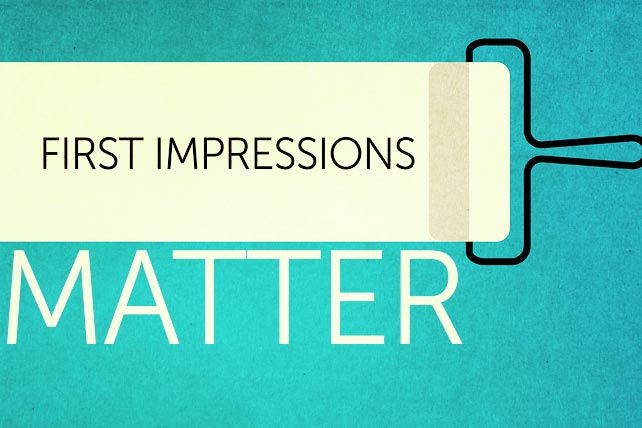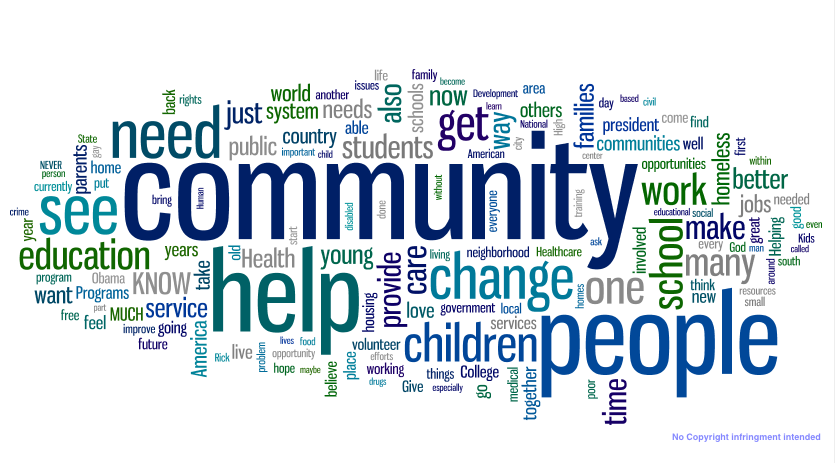
Education and Economic Development
The Pendulum Always Swings
Going to college, has for decades, been the ultimate goal in order to have a future. That future, of course, is in the eye of the beholder. But most people have looked at a good education as the precursor to getting a good job and perhaps providing for a family. People have also strived to be fulfilled and happy. It has been said education itself, makes one a more well-rounded person.
Then businesses and economic developers started to talk to educational institutions about how they were preparing students for the future. Are they getting a degree in something that will give them a job? Many students weren’t really interested in college but were still bright and talented. These students could get certifications and land jobs with skills companies actually needed. However, there are parents who think there is a stigma somehow to what they perceive as “vocational training.” Student loan debt has continued to stay in the news. The expense of college can be prohibitive for some.
Read more

Do Economic Developers Attract Retail?
Is There a Disconnect in Expectations?
Yes and no and yes.
It depends on the community and the economic development organization. It also depends on the chambers of commerce and the municipalities.
There are small and rural communities that do not have adequate infrastructure or talent pools for industries such as manufacturing, aerospace or research for example. Communities may not have natural resources that attract tourism. These kinds of communities still need an economic development strategy of some kind. Often retail attraction is the most realistic course of action.
These communities still have adequate population and this population often travels outside of their own area to access retail and restaurants. Many residents of the community may travel outside their area for employment. The study that analyzes the percentage of loss of revenue a community suffers due to residents shopping and eating elsewhere is called a Retail Gap Analysis.
Read more

What Do Companies See When They Land In Your Community?
First Impressions Matter.
A site selector or a CEO of the company, who has your community on the short list for relocation, is arriving soon to explore your community. What do they see when they arrive? Have you looked at your community through their objective, tough and appraising eyes?
Read more

Should Economic Developers Be Social Workers, Employment Agencies
A couple of years ago I attended an economic development conference. I was sitting at a table with several economic developers during a leadership discussion. I will admit, I was feeling a little intimidated at the level of conversation. I thought, perhaps, I did not have much to offer to the discussion. However, I listened very carefully and started to realize I did have something to say and it was probably not what they wanted to hear.
The words parity and disparity were used extensively. Equality, fairness and diversity. They were discussing what communities needed to do to combat disparity. Honestly, it was pretty pretentious. I spoke up and said that I thought some economic developers were elitists. They asked what I meant by that. They didn’t think I was talking about them of course.
Read more

Honesty is the Best Economic Development Policy
Political Correctness or Expediency or worrying about feelings is Not
Some might have similarities, but by and large, every community is different. Each has strengths and weaknesses. Each has unique natural resources, amenities, weather, transportation, industries, etc.
Many in a community have a hard time looking at that community without rose-colored glasses. They don’t want to look at the weaknesses. That’s natural. We as individuals don’t really like looking at our own weaknesses. But it is necessary if you want to improve, grow and make progress.
Read more

Groups Doing Great Things
Do You Know Everything That’s Going on in Your Community?
Like many of you, I value my involvement in the community. It’s a pleasure to see friends and colleagues and to catch up on what’s new. Many busy people are taking time to be involved in something beneficial to their community. There are as many different reasons to be involved as there are people. Some say they are too busy. Some wear busy as a badge of honor. I contend, we make time for what we want to make time for. However, that’s another topic altogether.
Read more

Healthcare Is a Huge Location Decision Factor for Companies
Healthcare Is a Huge Location Decision Factor for Companies
Communities Need to Pay Attention to Details as Well as the Big Picture
What does the healthcare community look like?
It includes hospitals, clinics, surgery centers, imaging centers, individual provider practices, pharmacies, medical supply companies, in-home healthcare providers, nursing homes hospice, and mental health facilities.
Read more

Are Employees Expenses, Assets, Investments or Investors?
Workforce Retention and Attraction
Many, many times over the years we’ve heard executives say “Our employees are our biggest assets.” A whole lot of that is sound bite, lip service. In a recent seminar I heard the instructor say employees should be regarded as assets not expenses. However, most employers treat their employees as expenses.
There are articles that explain the accounting terms of tangible and intangible assets and say that employees can’t be assets because they aren’t owned. Assets, like a building, can’t leave a company but an employee can.
Read more

Ecosystems, Clusters, Incubators and Accelerators
What the heck are they talking about?
You’ve probably heard these words. Your eyes may have glazed over. You may have even said these terms don’t apply to your life.
They actually do and here’s why.
Entrepreneurs who start up new companies often start at the kitchen table or their garage. Many communities seek to create incubators or accelerators to help these startups grow and succeed.
Read more

Is Attracting Retirees An Economic Development Strategy?
You better believe it.
Florida has the highest percentage of residents who are 65 and older of any state in the United States. Almost one out of four Floridians will be over the age of 65 by the year 2030. Almost 900 people per day are moving to Florida. According to the Florida Department of Veterans’ Affairs 2017 data, Florida has 1,525,400 veterans. There are 789,717 veterans in Florida 65 years of age and over. Okaloosa County has over 30,000 people ages 65 and older. Ok, so this is a big deal right?
Read more